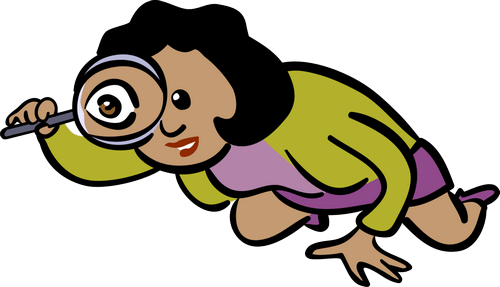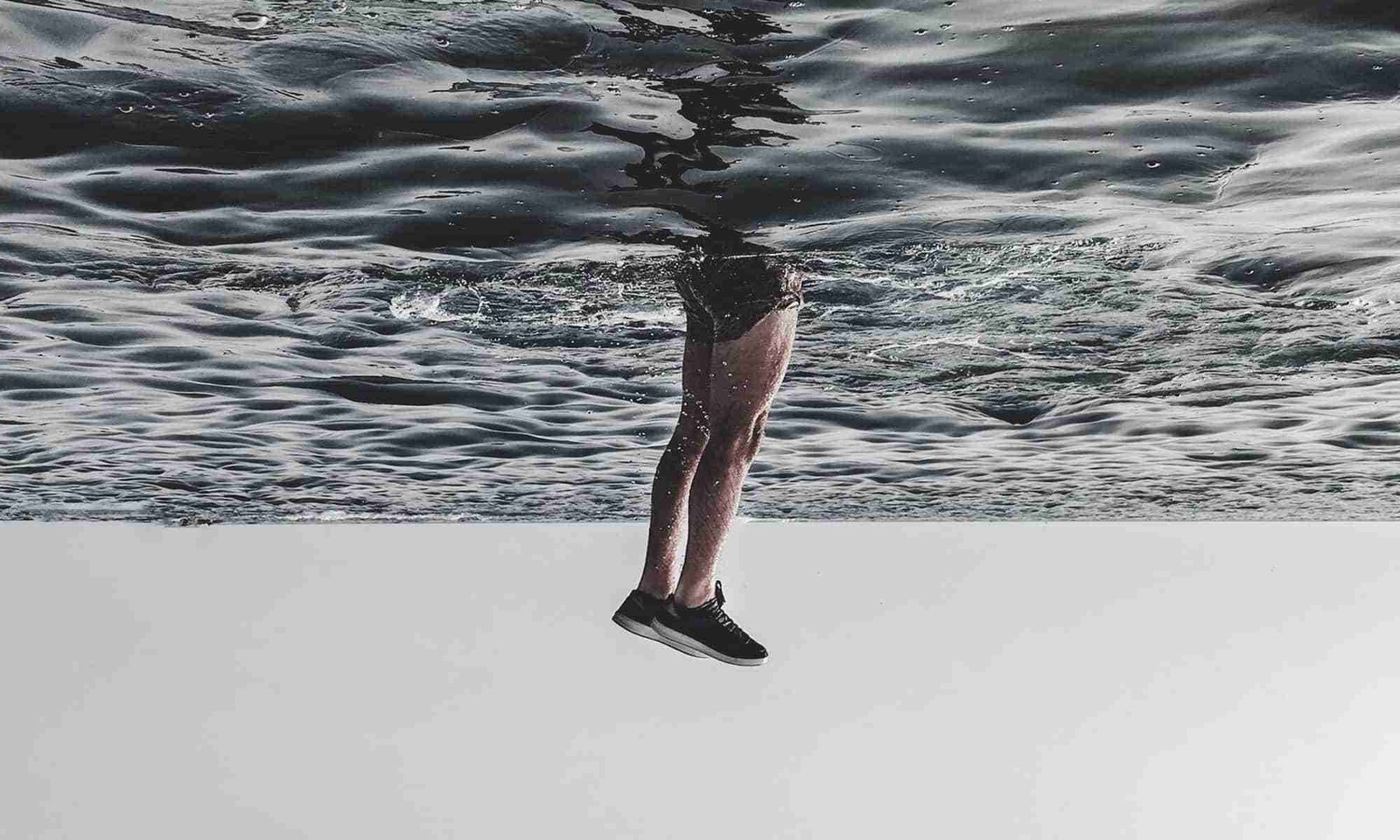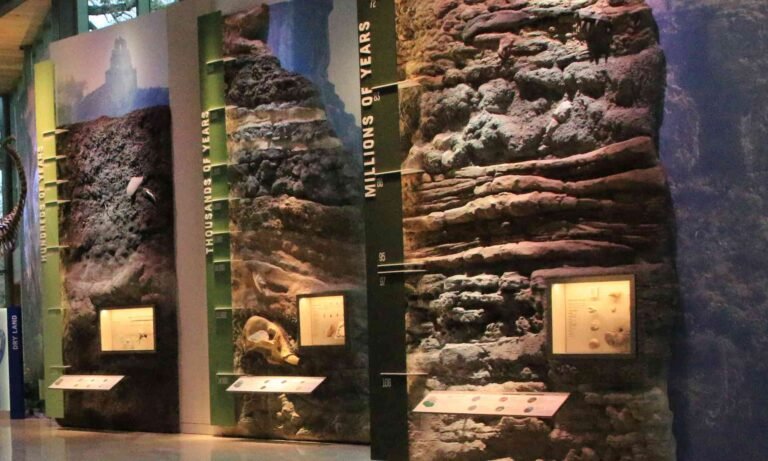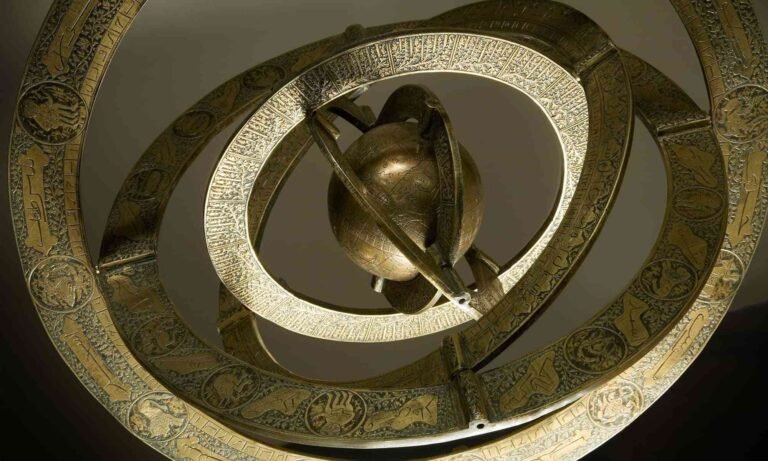Discovery is the act of detecting something new, or something previously unrecognized as meaningful. With reference to sciences and academic disciplines, discovery is the observation of new phenomena, new actions, or new events and providing new reasoning to explain the knowledge gathered through such observations with previously acquired knowledge from abstract thought and everyday experiences.
A discovery may sometimes be based on earlier discoveries, collaborations, or ideas. Some discoveries represent a radical Breakthrough in knowledge or technology.
In essence, discovery encompasses the joy of learning, the excitement of the unknown, and the fulfillment of expanding one’s horizons. It is an essential aspect of the human experience, guiding us to constantly seek, question, and evolve.
Discoveries Not 2 Miss
Discovery is a fascinating journey that leads us to new experiences, knowledge, and understanding. Whether it’s exploring new places, conducting scientific research, or delving into one’s own thoughts and emotions, the process of discovery is filled with endless possibilities.
- Self-Discovery -> One of the most profound journeys of discovery is the exploration of one’s own self. This inward journey can lead to a deeper understanding of one’s values, beliefs, strengths, and weaknesses. Through self-discovery, individuals can gain clarity about their true passions and purpose in life.
- Cultural And Historical Discovery -> Exploring different cultures and delving into history allows us to gain a deeper appreciation for the diversity of human experiences. Whether it’s uncovering ancient civilizations or learning about traditional practices, cultural and historical discovery enriches our understanding of the world.
- Scientific Discovery -> Scientific discovery drives innovation and progress in society. It involves the systematic exploration of the natural world, leading to breakthroughs in various fields such as medicine, technology, and environmental conservation. Each new discovery opens up a world of possibilities for further exploration and advancement.
- The journey of scientific discovery is a testament to human curiosity and ingenuity. From the earliest use of fire to the decoding of DNA, each discovery has been a stepping stone towards a greater understanding of the world around us and our place within it. As we reflect on the conclusions drawn from these pivotal moments in science, we recognize their profound impact on the course of human history.
- The discovery of DNA, for instance, revolutionized our understanding of life itself. It was not James Watson and Francis Crick who first discovered DNA, but rather Swiss physician Friedrich Miescher in 1869. This pivotal finding laid the groundwork for countless advancements in biology, medicine, and genetics, influencing everything from forensic science to the treatment of genetic disorders.
- Scientific discoveries often lead to more questions than answers, propelling us forward in a continuous quest for knowledge. The conclusion of one study is frequently the beginning of another, as limitations are acknowledged and new areas for investigation are identified. This iterative process is the essence of the scientific method, which culminates in the conclusion – a summary of results that either supports or refutes a hypothesis.
These discoveries impact policy, shape industries, and influence societal norms. For example, understanding DNA has provided insights into hereditary diseases and raised ethical questions about genetic privacy and manipulation. Sharing discoveries contributes to collective understanding, innovation, problem-solving, and progress. Discoveries are not just milestones but catalysts for change, driving us towards new horizons of possibility and understanding. The pursuit of discovery is an enduring endeavor, enriching our lives and empowering us to envision and create a better world. In summary, discoveries hold the potential to shape our future, influence our present, and inspire continuous exploration and improvement.
A Book 2 Read

Beyond The Known – From brilliant young polymath Andrew A. Rader – an MIT-credentialed scientist, popular podcast host, and SpaceX mission manager – an illuminating chronicle of exploration that spotlights humans’ insatiable desire to continually push into new and uncharted territory, from civilization’s earliest days to current planning for interstellar travel.
For the first time in history, the human species has the technology to destroy itself. But having developed that power, humans are also able to leave Earth and voyage into the vastness of space. After millions of years of evolution, we have arrived at the point where we can settle other worlds and begin the process of becoming multi-planetary. How did we get here? What does the future hold for us? Go ahead and discover!
“Books. They are lined up on shelves or stacked on a table. There they are wrapped up in their jackets, lines of neat print on nicely bound pages. They look like such orderly, static things. Then you, the reader come along. You open the book jacket, and it can be like opening the gates to an unknown city, or opening the lid of a treasure chest. You read the first word and you’re off on a journey of exploration and discovery.”
– David Almond
Discover vs Explore
The thrill of exploration is inherent to the human spirit. Whether it’s embarking on a physical journey to distant lands or diving into the depths of the unknown, the spirit of discovery ignites our curiosity and drives us to seek out new adventures.
“Discover” means to find and “explore” means to search, e.g. as in Space Exploration. For instance, a new island which has been recently discovered, will be explored when people will set foot on it and see what the particular island has to offer like rivers, ravines, hills, forests, flora, fauna and maybe humans. Then again, while exploring the oceans for new islands, many navigators of the olden days did end up discovering an island or more than one.
After they had arrived at a certain island, they would then again go on trips and expeditions to explore the particular island, in the hopes that they would discover something new, like animals, birds, plants, insects and other forms of life or the island’s geographical features.
Falsehoods
- By the way -> It is commonly said that “Christopher Columbus discovered America.” It would be more accurate, perhaps, to say that he introduced the Americas to Western Europe during his Four Voyages to the region between 1492 and 1502.
- But to say he “discovered” America is a bit of a misnomer because there were plenty of people already here when he arrived. So who were the people who really deserve to be called the first Americans? It is safely to assume that they went there from Asia probably “no later than about 15,000 years ago.” They walked across the Bering Land Bridge that back in the day connected what is now the U.S. state of Alaska and Siberia. Fifteen-thousand years ago, ocean levels were much lower and the land between the continents was hundreds of kilometers wide.
- By yet another way -> It was not Johannes Gutenberg who discovered printing. The earliest known form of printing as applied to paper was woodblock printing, which appeared in China before 220 AD.
- Later developments in printing technology include the movable type invented by Bi Sheng around 1040 AD and then the printing press invented later by Gutenberg in the 15th century.
Discover More

Discover The Timeless
What’s More
The posts in My Blog feature reflective, story-driven pieces rooted in personal and societal insights.
The topics in My Interests explore abstract, philosophical ideas and their cultural and societal impact.
👁️ 8,298 Views
















